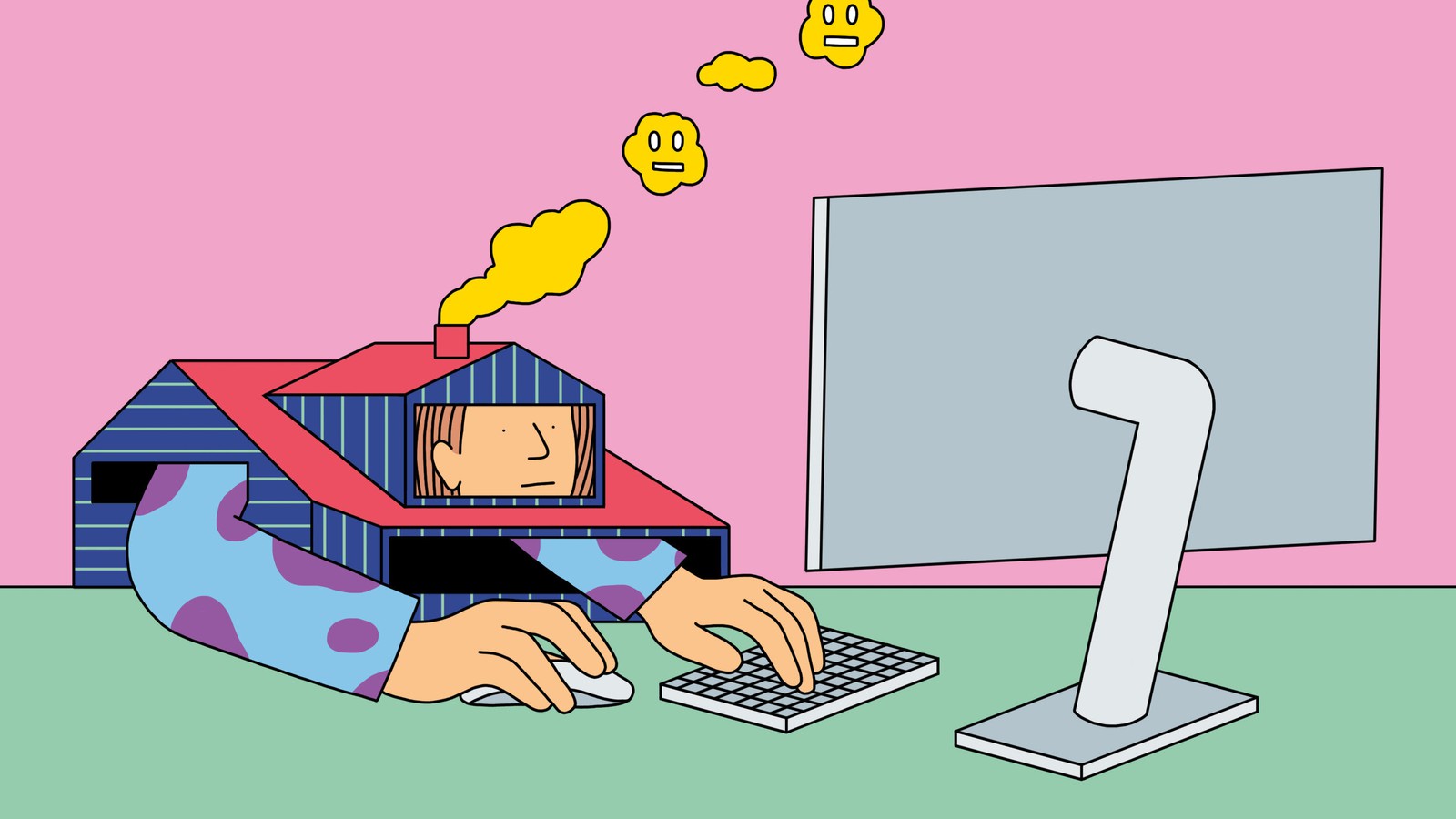Remote jobs are all the rage after the pandemic hit. It is no longer seen as unusual, and it is pretty much an accepted way of working, despite many offices requiring their staff to come back to the office in the last year or so.
As employees enjoy the freedom of working from home, they also realise how much cheaper and more productive it can be for both sides; the employers and the employee.
However, there are several hidden dangers to working from home that many don’t realise.
The lack of human interaction can be mentally challenging.
Microsoft Office and Zoom may have made things super convenient, but the emotional and mental stability of a person can be affected as a result of being cut off in so many ways from social interaction.
According to a survey by the American Psychiatric Association, remote workers often suffer from isolation and loneliness, and access to mental health services for this segment is also limited.
Difficulty stepping away from work
Boundaries are difficult to establish for this segment of workers. Managers need to respect employees’ time and assist them by not contacting them as much during non-working hours except for work emergencies.
Set up a workspace in your home that is away from dining and leisure areas such as the bedroom so that you don’t associate work with these activities and there is no overlap.
It’s not just working outside that causes anxiety, working from home also has the same effect.
According to one survey, 47% of remote workers are experiencing anxiety. This can lead to depression, irritability, sadness, and panic attacks. The reason for this is that some people may start to feel like their home is their office, and they therefore can’t step away from the job.
Physical inactivity and unhealthy eating
This one is a big risk, and it’s easy to sit more and move less without realising it when you’re working from home.
Combat this by making sure you incorporate at least 30 minutes of physical activity into your daily routine.
Exhaustion and boredom
Remote working can feel dull, dry and repetitive due to being in the same environment. Those with small homes may even start to feel claustrophobic.
Break the monotony by not forgetting to do the things you enjoy, be it cooking your favourite meal, painting or learning a new skill.
Don’t stay indoors, and go out and get some fresh air every day.
The post The dangers of working from home appeared first on The Independent World News.

